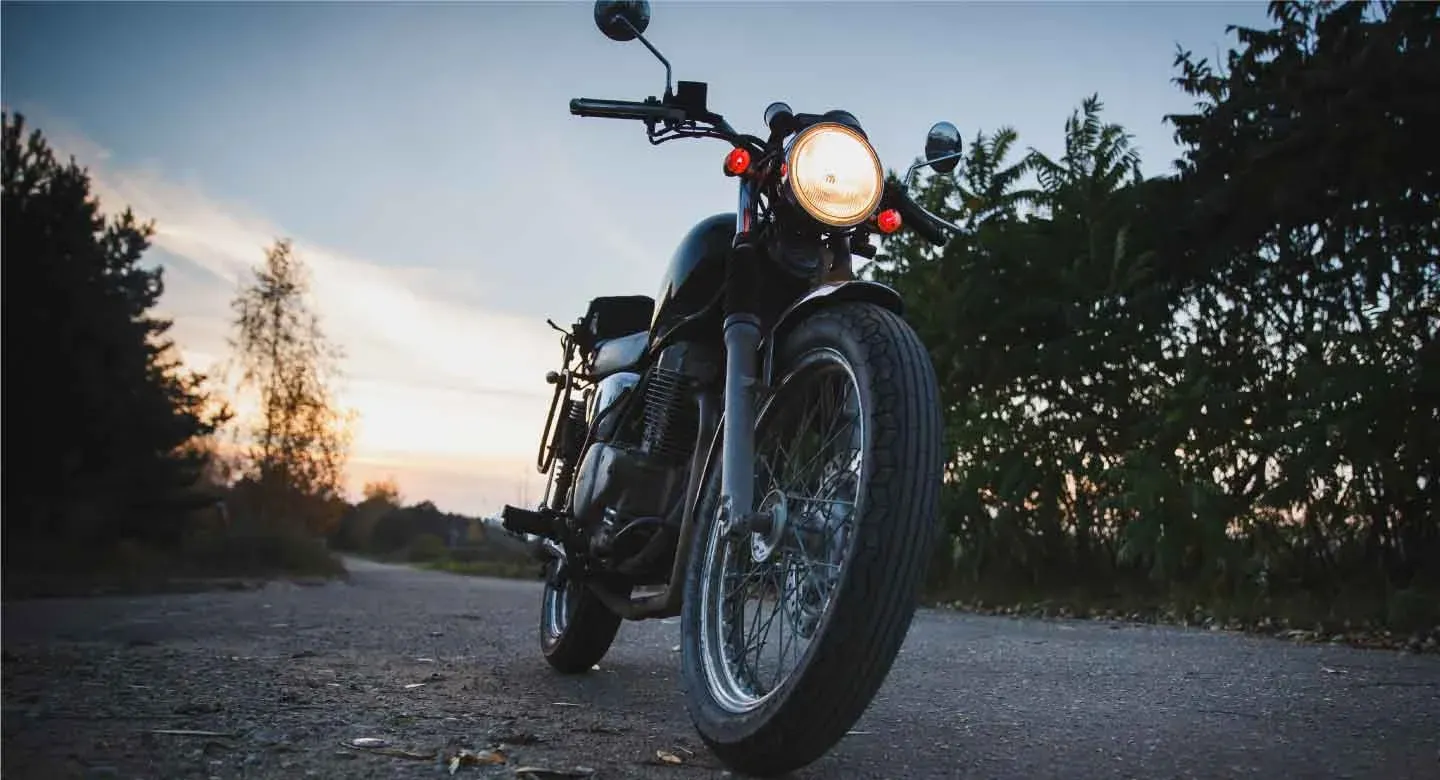Explore the key differences between air-cooled, oil-cooled, and liquid-cooled engines. Which one is best for you? Learn about their types & benefits to choose the right bike cooling system!
Differences Between Air-cooled Vs Oil-cooled Vs Liquid-cooled Engines
When you give throttle on a bike, both the speedometer and the child in your heart smile. If you are a rider or are planning on buying a motorcycle, you must know about its crucial components and how they work. This will allow you to choose the correct two-wheeler companion for your daily rides. In this article, we will talk about one such essential component in bikes, its cooling system.
Why Does Bike Engine Need Cooling?
Bikes are marvellous showpieces of modern engineering, offering both fun and utility on just two wheels. They are complex machinery that can show their full potential when all of their components work in sync. A cooling system is an essential aspect of a bike, as it helps regulate its temperature and avoid overheating issues. Without a properly functioning cooling system, the engine block and head can swell or warp, causing major damage to the motorcycle. There are three main types of cooling systems offered by bike manufacturers in India: air-cooled, oil-cooled, and liquid-cooled engines.
Types of cooling systems in bikes in India
The cooling system offered in modern bikes depends on their manufacturer and model. Here are the three types of cooling systems in bikes and their merits and demerits:
Air-cooled engines
The air-cooled engine is the most common type of cooling featured in bikes available in the Indian market. Mainly seen in affordable bike options, these cooling features aluminium fins on the outside to create more surface area for the passing over of air. As the bike moves, the oncoming air hits the engine and removes the heat. A few examples of air-cooled bikes in India are the Royal Enfield Bullet 350, Hero Xtreme 160R, TVS Apache RTR 160, etc.
Pros
Affordable
Low-cost maintenance
Easy to manufacture
Oil-cooled engines
Oil-cooled bikes have a similar pattern to air-cooled engines. However, in this case, a small oil cooler is mounted externally, which circulates oil that is cooled by the air and then pumped back into the engine. A few examples of oil-cooled bikes in India are the Royal Enfield Interceptor 650 and Continental GT 650, TVS Apache RTR 160 4V, etc.
Pros
Simple technology, easy to manufacture
Simple to maintain
More efficient than air cooling
Liquid-cooled engines
When it comes to cooling, liquid-cooled engine bikes come out on the top in terms of efficiency. In this cooling system, a coolant is circulated through the internal passages built into the engine, which absorbs the heat produced by it. Some popular liquid-cooled engine bikes in India are the KTM RC and Duke series, Yamaha R15 V4, Yamaha MT 15 V2, etc.
Pros
Most efficient cooling system out of the three
Optimal for high-performance engines
Stays efficient for extended periods
Conclusion
This explains the three different types of cooling systems available in bikes in India. While air-cooled engines have low maintenance costs, oil-cooled variants offer better performance. But for high-performance engines and the best efficiency, liquid-cooled engine bikes are the best. Regardless of which type of engine you choose, make sure to protect your ride with a reliable bike insurance policy to stay financially secure on the road.

Get Quick Quote


